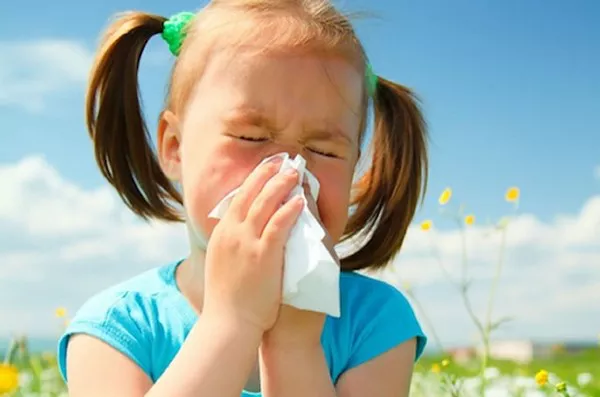A dry allergy cough can be a persistent and bothersome symptom that often accompanies allergic reactions. Whether triggered by pollen, dust, pet dander, or other allergens, this type of cough can disrupt daily life and impact overall well-being. In this article, we will explore the causes of a dry allergy cough, discuss effective strategies for finding relief, and provide valuable insights into managing this common allergic symptom.
Understanding the Nature of a Dry Allergy Cough
1. Allergic Reactions: Allergic reactions occur when the immune system responds to harmless substances, such as pollen or pet dander, as threats. The release of histamine leads to various symptoms, including a dry cough.
2. Dry Cough Defined: A dry cough is characterized by the absence of mucus or phlegm. It often presents as a persistent, tickling, or itching sensation in the throat, leading to frequent coughing.
Identifying Triggers and Allergens
1. Pollen Allergies: Pollen from trees, grasses, and weeds is a common allergen that can trigger a dry cough, especially during peak allergy seasons.
2. Indoor Allergens: Dust mites, pet dander, mold spores, and cockroach droppings are indoor allergens that can contribute to a dry allergy cough year-round.
Effective Strategies for Relief
1. Allergen Avoidance: Identifying and minimizing exposure to allergens is crucial. Regular cleaning, using air purifiers, and washing bedding can help reduce allergen levels at home.
2. Hydration and Humidity: Staying hydrated and maintaining indoor humidity levels between 30% and 50% can soothe the throat and reduce coughing.
3. Saline Nasal Rinse: A saline nasal rinse can help clear nasal passages and reduce postnasal drip, which can contribute to a dry cough.
4. Over-the-Counter Antihistamines: Non-prescription antihistamines can alleviate allergy symptoms, including a dry cough, by blocking the effects of histamine.
Seeking Professional Medical Advice
1. Chronic Symptoms: If a dry allergy cough persists for more than a few weeks, it’s essential to consult a healthcare professional for a proper diagnosis and personalized treatment plan.
2. Prescription Medications: In some cases, healthcare providers may recommend prescription medications, such as nasal corticosteroids or allergy shots, for long-term relief.
Lifestyle Adjustments for Allergy Management
1. Outdoor Activities: Limiting outdoor activities during high pollen counts and wearing sunglasses can reduce exposure to allergens.
2. Pet Care: Regular grooming and cleaning of pets can help minimize the spread of allergens that may trigger a dry cough.
3. Allergy-Friendly Home: Creating an allergy-friendly home environment involves using hypoallergenic bedding, vacuuming with HEPA filters, and minimizing clutter.
Expert Insights
1. Dr. Emily Smith, Allergist: According to Dr. Smith, “Addressing the underlying triggers of a dry allergy cough is essential for effective management. Patients should work closely with their healthcare providers to develop a comprehensive allergy treatment plan.”
2. American Academy of Allergy, Asthma & Immunology (AAAAI): The AAAAI provides valuable resources and information for individuals seeking guidance on managing allergies and related symptoms.
Conclusion
In conclusion, a dry allergy cough can significantly impact quality of life, but relief is attainable through proactive measures and proper medical guidance. By identifying allergen triggers, practicing allergen avoidance strategies, and seeking professional medical advice, individuals can find effective relief from a dry allergy cough. Creating an allergy-friendly environment and making lifestyle adjustments can contribute to long-term allergy management. Remember, each person’s response to allergies is unique, so consulting with a healthcare professional is crucial for developing a personalized treatment plan. As you take proactive steps to manage your dry allergy cough, you empower yourself to enjoy life to the fullest and breathe easier, even in the midst of allergy seasons.


